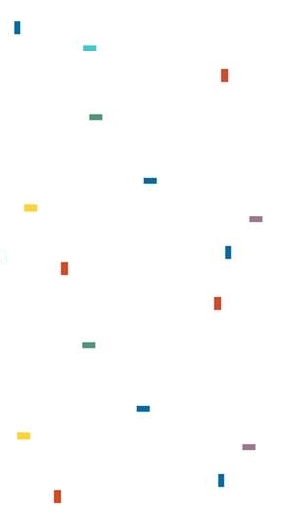Stéphane Madelrieux: “La philosophie de John Dewey”
Paris: Vrin, 2016, 224 pages 
This book aims at giving Dewey his own medicine in order to get a comprehensive insight of his thought. To explain his whole philosophy, it does not start with a specific doctrine such as his theory of experience, his theory of inquiry or his theory of value. Instead, it begins by asking what problem Dewey intended to solve and then reads all his various theories as means, aspects or phases of the resolution of this problem.
Table of Contents
1. The Problem and the Program
1.1. The central problem of modern life
1.2. Philosophizing in an uncertain world
1.3. Experience, knowledge and value: John Dewey’s rejoinder
2. From Nature to Experience
2.1. Continuity vs dualism
2.2. Nature from an historical point of view
2.3. Experience and philosophy
2.4. Experience from a biological point of view
2.5. Nature and experience from a social point of view
3. The Logic of Experimental Inquiry
3.1. Logic from a genetic and experimental point of view
3.2. The logical conduct
3.3. The scientific mode of thinking
3.4. The morals of inquiry
4. The Search for a Moral Inquiry
4.1. From natural goods to moral values
4.2. Democracy as an ideal and as a method
4.3. Growth as an end and school as a means
